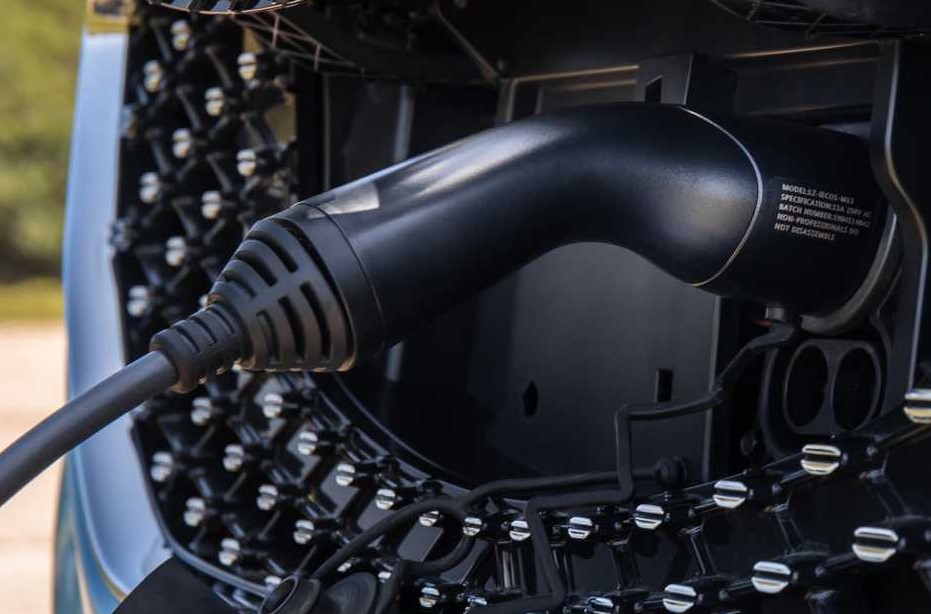Plug-in grants on electric cars and vans have been cut and their eligibility criteria changed with immediate effect.
Grants for electric cars now fall to a maximum of £1,500 from the previous £2,500 while the price ceiling drops from £35k to £32k.
It means that only about 20 electric cars are now still eligible for the Plug-in Car Grant.
Meanwhile, the Department for Transport (DfT) and Office for Zero Emission Vehicles (OZEV) have announced that van grants have also been cut.
For small vans, the funding falls again to a maximum of £2,500, from the £3,000 level introduced in the spring this year.
Meanwhile, for large vans, it drops to £5,000 from £8,000. Both have a limit of 1,000 grants per customer.
No changes to the grants for larger commercial vehicles have been announced.
Transport Minister Trudy Harrison said, “It is right that we seek to focus the grants, which are funded by the taxpayer, on the areas where they will have the most impact and where the market still needs government support.
“Generous tax incentives, including zero road tax and favourable company car tax rates, which are a strong driver of uptake and can save drivers over £2,000 a year, remain in place.
“It is expected that the total cost of EV ownership will reach parity during the 2020s compared to petrol and diesel cars.”
However, Mike Hawes, SMMT chief executive, said, “Slashing the grants for electric vehicles once again is a blow to customers looking to make the switch and couldn’t come at a worse time, with inflation at a ten-year high and pandemic-related economic uncertainty looming large.”





We seem to live in a world where policy statements and implementation are segregated.
The timescale for no more new ICE vehicles has been reduced since 2019. The motivation to buy EV has been reduced xxxtimes. What are the 2 Minister’s statements below based on
“Generous tax incentives, including zero road tax and favourable company car tax rates, which are a strong driver of uptake and can save drivers over £2,000 a year, remain in place.
“It is expected that the total cost of EV ownership will reach parity during the 2020s compared to petrol and diesel cars.”
Coming down the EV highway very soon will be the need to introduce a tax alternative as fossil fuel usage drops. Or maybe fossil fuel duties will be ramped up to motivate the switch. Tough if you cannot afford to buy an EV